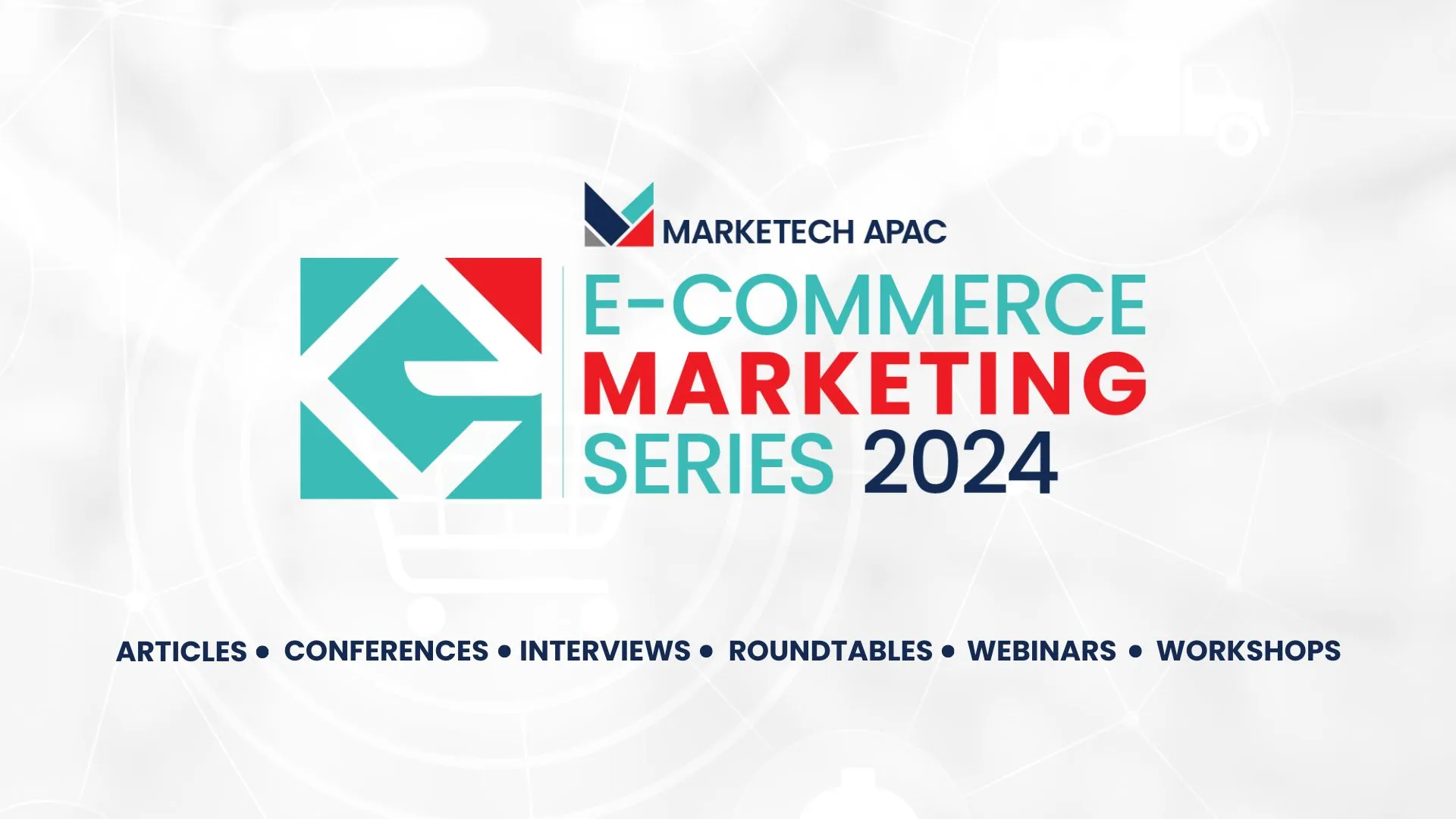As Google prepares to phase out third-party cookies, marketers are exploring alternative strategies to directly gather valuable customer data. In their quest to drive customer engagement on social platforms, AI-powered chatbots have emerged as both a viable and effective tool for boosting conversions. These intelligent chatbots excel at facilitating meaningful conversations, offering real-time personalised assistance that aligns with a brand’s tone and identity.
Training language models typically involves three techniques: pre-training, fine-tuning, and in-context learning. While these approaches aim to improve model performance, they vary in methodologies and objectives. Therefore, when implementing an AI chatbot for your brand, it’s crucial to understand the key differences between these training approaches and, more importantly, recognise why in-context learning models provide the most compelling solution for businesses looking to optimise marketing efforts while minimising costs.
Understanding Training Language Models: Pre-training, Fine-tuning, and In-Context Learning
Having a basic understanding of training language models is advantageous for marketers as it allows them to establish realistic expectations for chatbot capabilities, tailor chatbot responses to align with marketing objectives, and foster effective collaboration with technical teams engaged in chatbot development. Here’s a concise overview of the three techniques:
1. Pre-training:
- Purpose: Establish a foundation of knowledge and generate coherent and contextually relevant responses in a wide range of topics.
- Benefits: Learns general linguistic patterns, grammar, and semantic relationships.
- Limitations: May not be domain-specific or tailored to specific tasks.
- Potential Marketing Use Cases: Text generation, language translation, news articles entity recognition, sentiment analysis for social media.
2. Fine-tuning:
- Purpose: Adapt the model to a specific domain or task and improve task performance.
- Benefits: Learns from task-specific examples and becomes more relevant to a particular application.
- Limitations: Requires a labeled dataset specific to the target domain, which can be expensive and time-consuming to create.
- Potential Marketing Use Cases: FAQs, text classification for document categorisation, sentiment analysis for market research.
3. In-context learning:
- Purpose: Enable the model to understand conversational dynamics and generate contextually appropriate replies based on the given instructions.
- Benefits: Learns from conversational exchanges, including user inputs and system responses.
- Limitations: Requires a dialogue dataset specific to the target application, but can be curated and augmented more easily compared to creating a fully labelled dataset from scratch.
- Potential Marketing Use Cases: Chatbots and virtual assistants, dialogue systems, personalised recommendations.
Characteristics of In-Context Learning AI Chatbots for Marketers
In-context learning AI chatbots offer three useful characteristics that enhance organic customer interactions.
Firstly, contextual prompts can boost the effectiveness of personalised email marketing campaigns. Marketers can use in-context learning language models to ask subscribers about their fitness goals and preferences via email. Analysing the responses enables the generation of personalised product recommendations, leading to a more tailored and impactful email marketing experience.
Secondly, reinforcement learning or structured feedback can drive sales in e-commerce chatbots. Marketers can integrate a reinforcement learning mechanism by asking customers to rate the helpfulness of the chatbot’s responses after each interaction. This feedback allows the chatbot to prioritise and generate accurate, relevant responses, elevating the overall customer experience. Continuous reinforcement learning enables the chatbot to better understand customer queries and provide satisfactory solutions.
Thirdly, through multiple iterations of training, in-context learning AI chatbots can adapt to evolving marketing requirements and improve their responses. For instance, a travel agency’s chatbot can undergo iterative training to stay up-to-date with the latest travel destinations, flight schedules, and hotel availability. As new information becomes available, the chatbot learns and adjusts its responses, delivering customers accurate and timely travel recommendations. This iterative training process ensures that the chatbot remains well-informed and capable of meeting customers’ changing travel needs.
Cost-Effectiveness of In-Context Learning AI Chatbots
In-context learning AI chatbots offer a cost-effective solution for marketers compared to other training approaches. Here’s why:
Reduced Data Labeling Costs
In-context learning AI chatbots require a dialogue dataset specific to the target application. While effort is still needed to collect and curate this dataset, it is often less expensive and time-consuming than creating a fully labelled dataset from scratch, as required in fine-tuning approaches. This cost advantage makes in-context learning more accessible, particularly for businesses with limited resources.
Continuous Learning and Adaptation
In-context learning AI chatbots can continuously improve their performance through reinforcement learning or structured feedback mechanisms. This iterative process allows the chatbot to adapt to changing customer needs and refine its responses over time. Instead of investing in periodic retraining or fine-tuning, marketers can leverage the ongoing learning capabilities of in-context learning models, saving both time and resources.
Improved Operational Efficiency
By automating customer interactions and handling a wide range of queries, in-context learning AI chatbots reduce the need for human intervention. This streamlines operations, enabling marketing teams to allocate their resources more strategically. With AI chatbots taking care of routine queries and tasks, marketers can focus on higher-value initiatives, maximising their productivity and cost-effectiveness.
Enhanced Conversion Rates
In-context learning AI chatbots excel at delivering personalised and contextually relevant responses, which significantly impact conversion rates. By providing tailored recommendations, addressing specific customer needs, and fostering engagement, these chatbots create a more compelling user experience. Higher conversion rates translate to a better return on investment (ROI) for marketing efforts, making in-context learning AI chatbots a cost-effective choice.
Drive Customer Acquisition through AI-Enhanced Conversations
AI and predictive analytics are essential components of a comprehensive marketing strategy. In addition to its cost-effectiveness, in-context learning chatbots enable forward-thinking marketers to identify precise customer segmentations, optimise human resources, and drive conversions more effectively. Are you ready to take the lead and unlock the full potential of your customer interactions? The choice is yours.

This article is written by Henson Tsai, founder and CEO of SleekFlow
The insight is published as part of MARKETECH APAC’s thought leadership series under What’s NEXT 2023-2024. What’s NEXT 2023-2024 is a multi-platform industry initiative which features marketing and industry leaders in APAC sharing their marketing insights and predictions for the upcoming year.

















